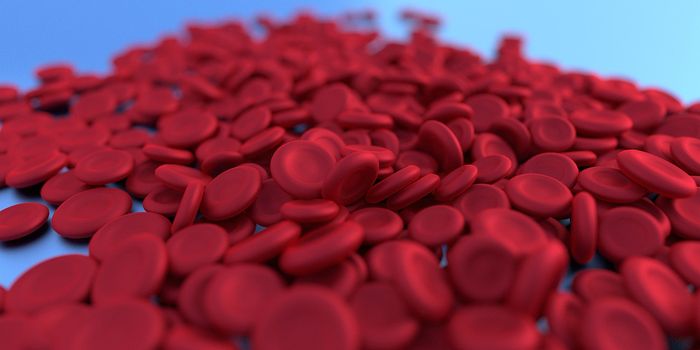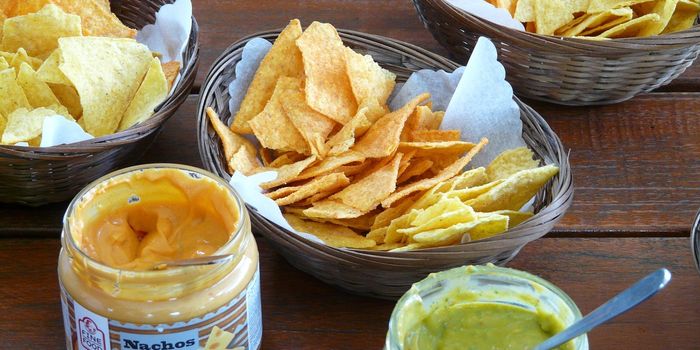Could Nutritional Interventions Ever Replace Cancer Drugs?
Dietary and nutritional interventions have gained popularity as potential players in the cancer treatment arena. Indeed, we have a growing arsenal of literature indicating that adding (or removing) particular foods or nutritional components to the diet can impact tumor growth and development or response to therapy.
While research has demonstrated clear associations between diet and cancer prevention or control, mechanistic evidence remains limited, making widespread implementation of dietary interventions into standard cancer treatment regimens challenging.
With so many foods and supplements with health benefits that make their way into the news or our social media threads, how can we determine what dietary changes could have a meaningful impact? To address this complicated field of research, two researchers from Centro Nacional de Investigaciones Oncológicas in Madrid compiled a comprehensive summary of the plethora of nutritional interventions with potential efficacy as cancer therapeutics. The authors recently published their overview of this research in Trends in Molecular Medicine.
An underlying concept explaining the diet-cancer relationship is that most cancer cells require excessive nutrients, including sugar and amino acids, to sustain their rapid growth. This notion has supported the question of whether limiting these components in an individual’s diet could, in fact, slow, or even eliminate, cancer growth.
The authors discuss a concept called “precision nutrition,” in which oncologists design personalized dietary regimes for patients based on personal and clinical characteristics to maximize anti-cancer efficacy and minimize side effects.
Recent advances in molecular oncology, which allow in-depth analysis of tumors on the molecular level, have created new and exciting opportunities for precise treatment approaches catered to patients’ personal (i.e., age, overall health) and clinical (i.e., cancer stage at diagnosis, molecular markers present on tumor) characteristics. The authors suggest applying a similar approach to nutrition, combining a patient’s clinical data with a variety of nutritional readouts describing the microbiome as well as the nutrigenomic and metabolomic aspects.
These technological advances could provide a feasible pathway to develop personalized dietary recommendations highly tailored to patients. This multitude of information could facilitate the design of nutritional regimens that target weaknesses in a particular tumor or promote anti-tumor immune responsiveness.
Work remains outstanding to determine whether dietary interventions, alone or in combination with low-dose drugs, could provide a feasible approach to cancer treatment. Gaining a clearer picture of the effects of diet on tumor metabolism, the immune response, and microbiota will aid in developing viable nutritional therapeutic strategies.
Sources: Trends Molec Med, Comput Biol Med









